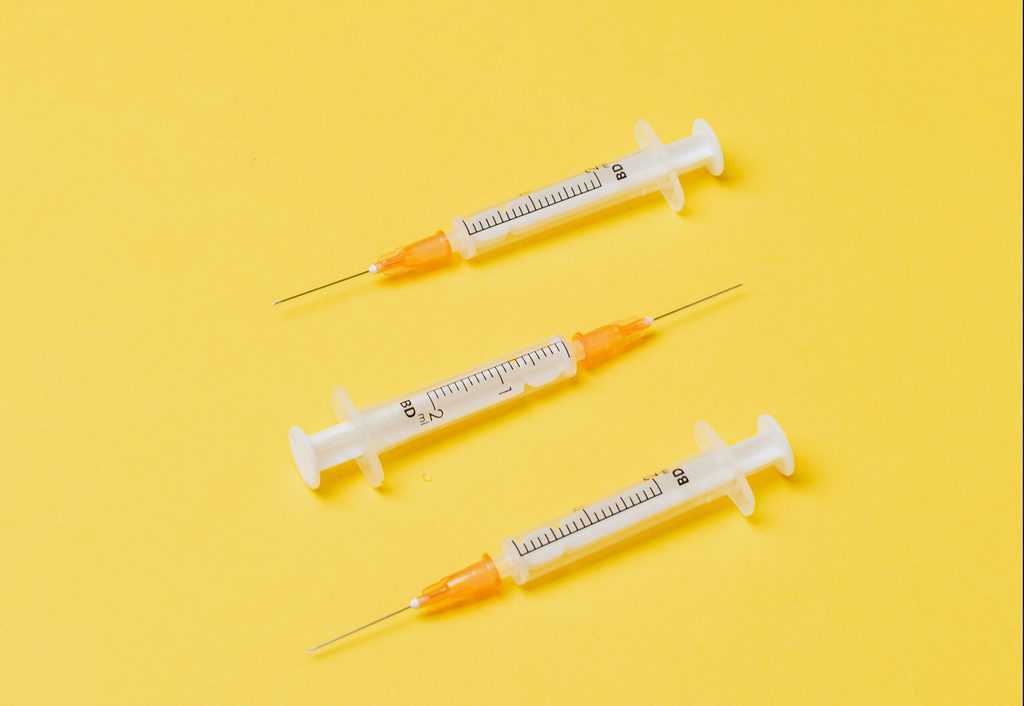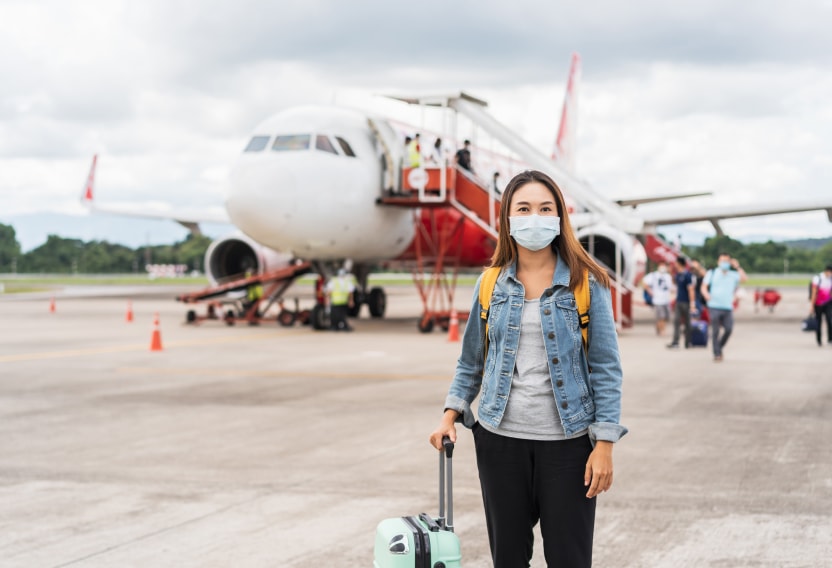With a COVID vaccine being made available, it’s starting to look like there’s a light at the end of the tunnel. There’s a lot of confusion and misinformation when it comes to the safety and the efficacy of the vaccine and why you should get it, who can get the vaccine, and where to get the vaccine. Below, you can find more basic and general information. However, the vaccine rollout can be dependent on state/city, and as Biden comes into office, the rollout may change even further. As a travel nurse, you likely will be in the first few rollout phases (or maybe, you’ve already been vaccinated)! It’s best to consistently check local state regulations and the Centers for Disease Control and Prevention website for the most updated and accurate information.
What are the effects of the COVID vaccine and is it safe?
If a vaccine is effective, it helps prevent the person from getting sick if they’re exposed to the virus. For COVID specifically, it’s very important to note that you must continue to remain socially distant until enough people have received the vaccine. There is not enough information to determine whether or not a vaccinated person can pass and transmit the virus to others, hence the importance to remain socially distant (Hopkins Medicine).
The FDA approved vaccines (which you can see below) are safe and encouraged. As BBC states, “there is no evidence that any of these ingredients cause harm when used in such small amounts. Vaccines do not give you a disease. Instead, they teach your body’s immune system to recognize and fight the infection they have been designed to protect against.” If you think you may have any allergies or reactions to the vaccine’s ingredients, it’s always best to consult the CDC website and your doctor before receiving the vaccine.
What COVID vaccines are out there?
As of now, there are two COVID vaccines that the CDC recommends: the Pfizer vaccine and the Moderna vaccine. Each has their own requirements and eligibilities:
Pfizer
- Recommended for those 16 years and older.
- 2 shots in the upper arm. There should be 21 days between the initial and second shot.
- According to the clinical trials, “the Pfizer-BioNTech COVID-19 vaccine was 95.0% effective… in preventing symptomatic laboratory-confirmed COVID-19 in persons without evidence of previous SARS-CoV-2 infection.”
- Mild to moderate symptoms following vaccination can include: pain, swelling, and redness at the injection site, and chills, tiredness, and headaches. This is normal, and these are common symptoms with many safe vaccines.
Moderna
- Recommended for those 18 years and older.
- 2 shots in the upper arm. There should be 28 days between the initial and second shot.
- According to the clinical trials, “the Moderna COVID-19 vaccine efficacy after 2 doses was 94.1%…in preventing symptomatic, laboratory-confirmed COVID-19 among persons without evidence of previous SARS-CoV-2 infection, which was the primary study endpoint.”
- As with the Pfizer vaccine, mild to moderate symptoms following vaccination can include: pain, swelling, and redness at the injection site, and chills, tiredness, and headaches.
Who can (and should) get the vaccine?
- Currently, eligibility to receive the vaccine differentiates between states. For example, Illinois is making the vaccine available to certain groups in different phases. Travel nurses would be in Illinois’ first phase, because it includes healthcare personnel (hospital settings and non-hospital healthcare), long-term care facility staff and all residents, and other identified congregate care staff and residents. The second phase includes people 65 years and older, frontline essential workers, and inmates. Then the rest of the phases move accordingly to who is deemed at a higher risk of contracting and suffering from COVID. Often, you register ahead for the vaccine, but this also varies by location. Webmd has a good, collective list of links to states’ different rollouts.
- Overall, the COVID vaccine rollout across the United States will likely change when Joe Biden takes office. NPR reports that Biden has a five-part plan to speed up national vaccinations: “To bring the virus under control, it proposes hundreds of billions of spending for a national vaccination program and public health measures such as testing and contact tracing; new jobs for public health workers; and expanded U.S. manufacturing for protective gear.” The full five-part plan can be found here.
Why should a travel nurse especially get the COVID vaccine?
- First and foremost, getting vaccinated for COVID will help keep you healthy, and greatly lower the risk of serious complications of COVID. Travel nurses typically have a higher COVID exposure than non-healthcare workers. Getting the COVID vaccine will not only give you peace of mind but will also allow you to continue to work and help those in need.
- The CDC points out that “Healthcare personnel who get COVID-19 can also spread the virus to those they are caring for—including hospitalized patients and residents of long-term care facilities. Many of these individuals may have underlying health conditions that put them at risk for severe COVID-19 illness.” Getting vaccinated not only protects yourself, but it helps protect the people you’re working with.
As always, please refer to the CDC for the most updated information regarding COVID and the COVID-19 vaccine.




